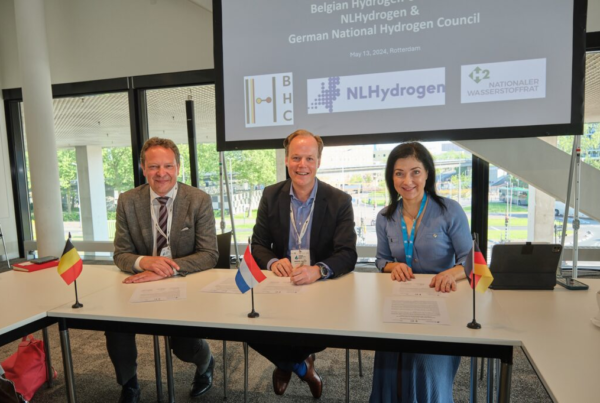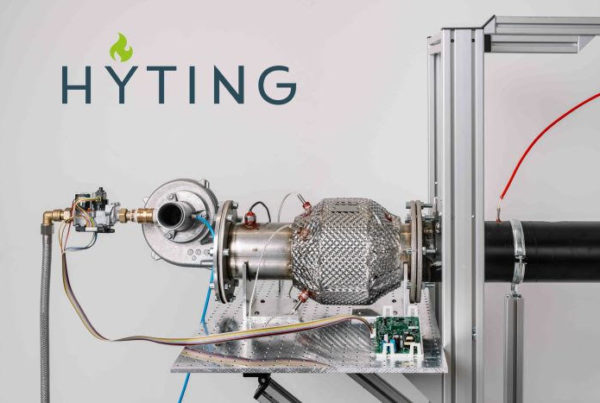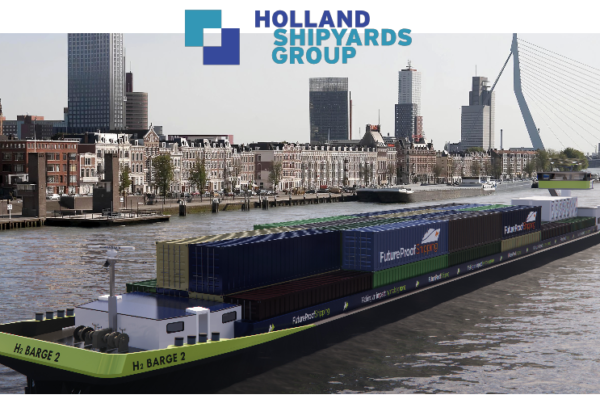
Nippon Steel, the Japanese steel manufacturing titan, has accomplished a significant breakthrough with the innovation of a stainless steel variant resilient to liquefied hydrogen exposure. This achievement comes in response to the burgeoning demand for hydrogen refueling stations across Japan.
The unique selling proposition of Nippon Steel’s new material is its robustness, leak prevention, and secure hydrogen transportation capabilities. The company has already commenced shipments and forecasts a surge in sales soon.
Steel’s conventional susceptibility to brittleness upon hydrogen contact has long posed challenges for hydrogen refueling station constructions. Nippon Steel has previously succeeded in developing an alloy impervious to hydrogen gas-induced damage by adjusting the composition of components like chromium and manganese. This new stainless steel is the next advancement, engineered to endure contact with colder liquefied hydrogen.
While liquefied hydrogen-ready stations are presently few, the demand for this hydrogen form is anticipated to escalate owing to its substantially lower volume compared to hydrogen gas. Nippon Steel’s hydrogen-resistant steel, capable of withstanding lower temperatures, is expected to boost the uptake of liquefied hydrogen and facilitate the establishment of new refueling stations.
While this new steel may not be as sturdy as conventional stainless steel used in hydrogen stations, it offers around 40% more strength than ordinary steel variants. However, its superior performance does come with a higher price tag. Striking a balance between strength, cost, and durability will be key to this new steel’s market acceptance.
The Japanese government aims to set up 1,000 hydrogen refueling stations across the country by 2030, a significant increase from the current tally of around 160 stations. As fuel-cell vehicles (FCVs), especially in commercial usage like trucks and buses, gain traction, the demand for hydrogen refueling stations is predicted to rise. Materials like Nippon Steel’s hydrogen-resistant steel will be instrumental in reducing installation and operating costs, thereby fostering the expansion of the hydrogen refueling infrastructure.
Even as the demand for steel in Japan is projected to decline due to a diminishing population, Nippon Steel is navigating this change by focusing on high-value products like this hydrogen-resistant stainless steel. As the steel industry progresses towards decarbonization, steelmakers face the challenge of emission reduction. Thus, developing innovative materials and engaging in emerging fields like hydrogen technology will be critical for steelmakers to ensure future profitability and contribute to decarbonization efforts.
Read the most up to date Fuel Cell and Hydrogen Industry news at FuelCellsWorks




